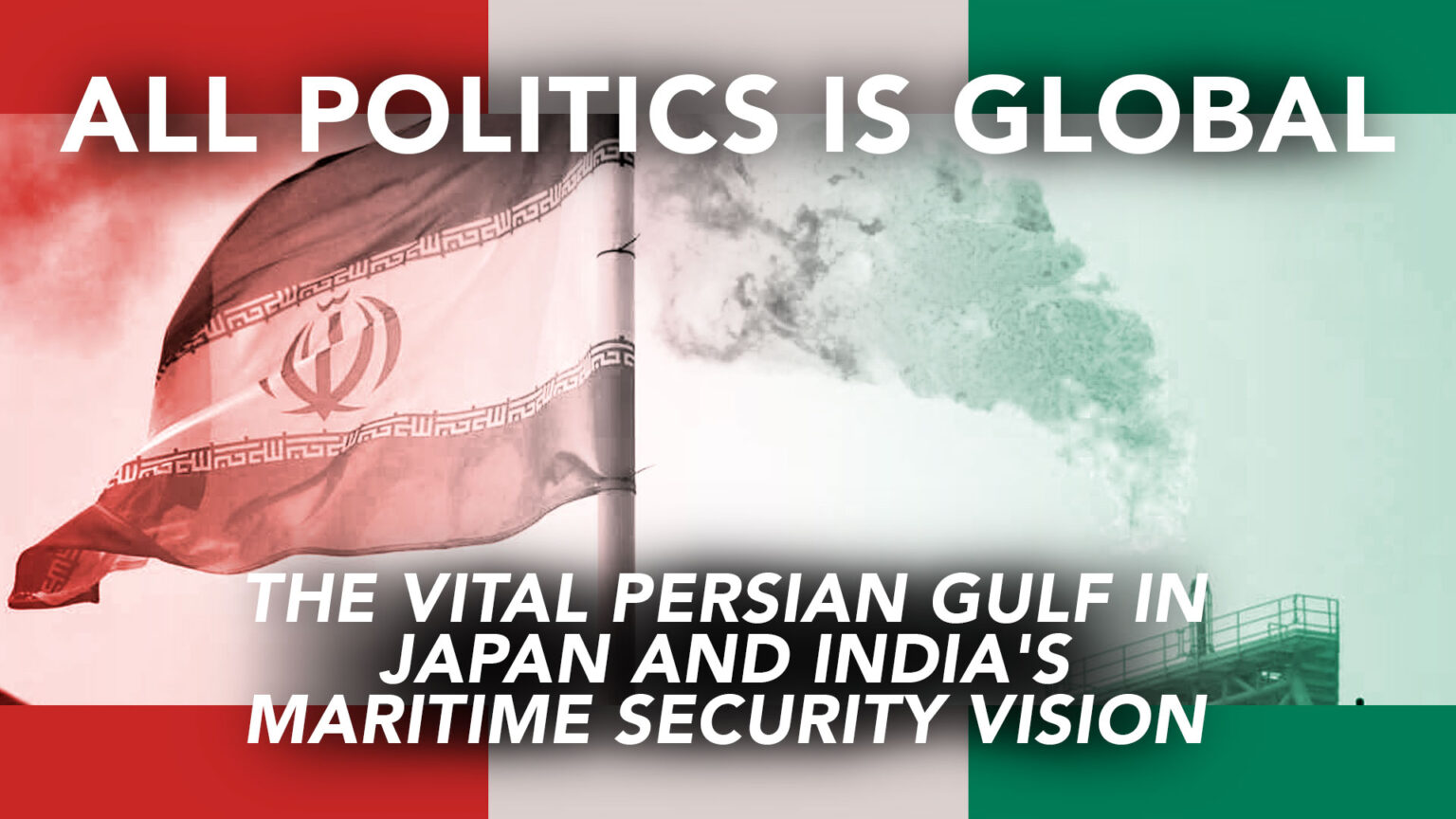Introduction
Gulf security region has been shaped by geopolitical tensions, energy security concerns, military alliances, and regional conflicts. As one of the most strategically significant areas globally, the Gulf Cooperation Council (GCC) countries—Saudi Arabia, the United Arab Emirates (UAE), Kuwait, Bahrain, Oman, and Qatar—face evolving security threats that necessitate robust defense mechanisms. This article explores the key security challenges in the Gulf, the military capabilities of regional states, alliances with global powers, and the future of Gulf security.
Geopolitical Challenges in the Gulf
The Gulf region is marked by complex geopolitical rivalries and power struggles that significantly impact its security. The primary factors include:
- Iran-GCC Rivalry: Iran’s regional ambitions and its influence over non-state actors like Hezbollah, the Houthis, and Shiite militias in Iraq and Syria pose a major security threat to GCC nations. The tensions over nuclear proliferation and maritime security in the Strait of Hormuz further exacerbate instability.
- Yemen Conflict and Houthi Threats: The ongoing war in Yemen has had a direct impact on Gulf security, with Houthi rebels launching missile and drone attacks on Saudi Arabia and the UAE. The conflict has also facilitated arms smuggling and terrorist activities.
- Maritime Security and Piracy: The Gulf’s vital sea lanes, including the Strait of Hormuz and the Bab el Mandeb, are vulnerable to attacks from state and non-state actors. Ensuring the free flow of oil and trade remains a top priority.
- Terrorism and Extremism: Despite counterterrorism efforts, radical groups such as Al-Qaeda and ISIS continue to pose security threats. Cyberterrorism and ideological extremism also add to the challenges.
- Regional Alliances and Disputes: Internal GCC rifts, such as the 2017–2021 Qatar diplomatic crisis, have at times weakened regional security cooperation.
Military Capabilities of Gulf States
GCC countries have made significant investments in defense capabilities to counter emerging threats. Some key aspects of their military capabilities include:
- Saudi Arabia: The Kingdom has one of the largest defense budgets globally and possesses advanced fighter jets, missile defense systems, and naval forces. It has also developed local defense industries through initiatives like the Saudi Arabian Military Industries (SAMI).
- United Arab Emirates: The UAE has an advanced military equipped with cutting-edge technology, including F-35 jets, missile defense systems, and cyber warfare capabilities.
- Qatar: Qatar has strengthened its defense capabilities with arms purchases from the U.S., France, and Turkey. The country hosts the Al Udeid Air Base, a key U.S. military facility in the region.
- Kuwait, Bahrain, and Oman: These nations maintain strong defense ties with the U.S. and European allies, ensuring their security through joint training and arms agreements.
Gulf Defense Alliances and Partnerships
Gulf security is closely tied to strategic alliances with major global powers. Some critical partnerships include:
- U.S.-GCC Defense Cooperation: The United States maintains military bases in Qatar, Bahrain, and the UAE, offering security guarantees to Gulf states. The U.S. Fifth Fleet is headquartered in Bahrain, playing a crucial role in regional stability.
- NATO and European Engagement: NATO has increased its cooperation with GCC countries through intelligence sharing and joint military exercises.
- Saudi and UAE Ties with Emerging Powers: Gulf states are diversifying their defense partnerships by strengthening military ties with China, Russia, and India.
- GCC Unified Military Command: Efforts to establish a unified military command among GCC nations aim to enhance collective defense and interoperability.
Future of Gulf Security
As the Gulf region navigates a shifting security landscape, the future of its defense strategy will depend on several factors:
- Strengthening Regional Cooperation: The GCC countries must enhance their coordination in intelligence sharing, missile defense, and cybersecurity to tackle common threats effectively.
- Investing in Indigenous Defense Industries: Initiatives like Saudi Vision 2030’s focus on localizing military production will reduce dependency on foreign arms suppliers.
- Adapting to Cybersecurity Threats: With increasing cyberattacks on critical infrastructure, Gulf states need to enhance their cyber resilience.
- Diplomatic Engagement with Iran: While military preparedness is crucial, diplomatic efforts to ease tensions with Iran could contribute to long-term regional stability.
- Technology-Driven Defense Modernization: AI, drone warfare, and missile defense advancements will play a critical role in shaping Gulf security in the coming years.
Conclusion
Gulf security remains a multifaceted challenge influenced by regional conflicts, global alliances, and evolving military threats. While GCC nations have significantly strengthened their defense capabilities, maintaining stability will require a combination of military preparedness, diplomatic efforts, and technological advancements. By fostering stronger regional cooperation and strategic partnerships, the Gulf states can navigate the complex security landscape and ensure long-term peace and stability in the region.
Do Follow on Instagram
Also Read : Qatar: Pioneering Cybersecurity and Innovation in the Digital Era



